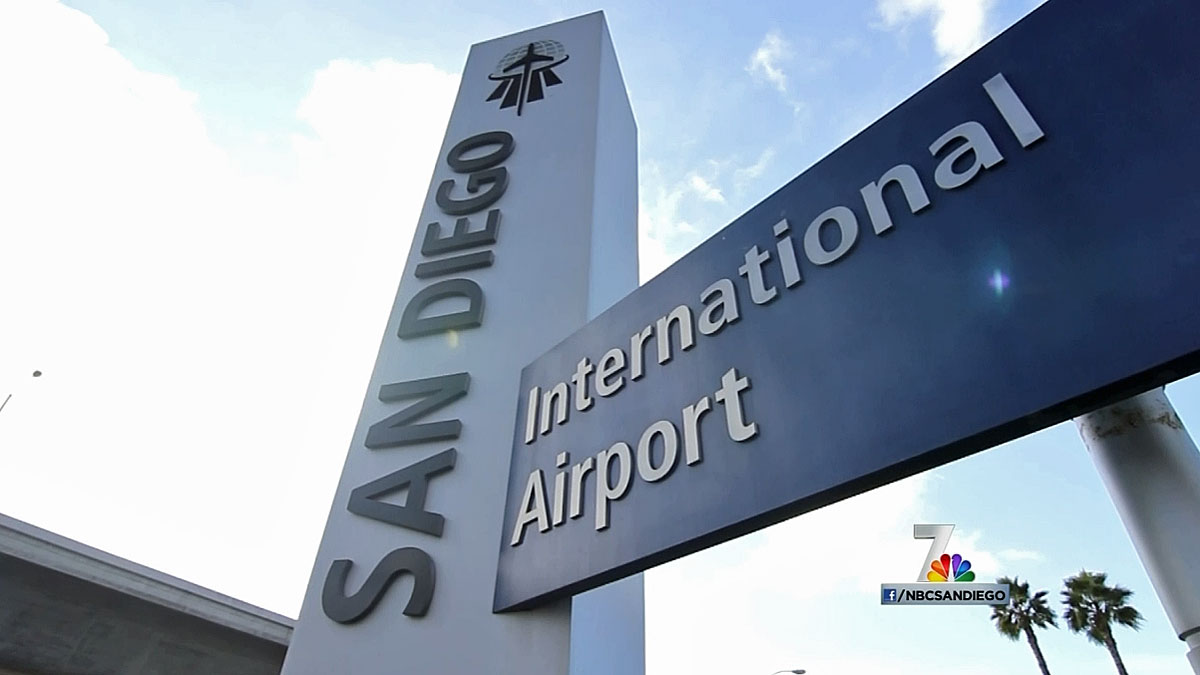In California’s 49th Congressional District, incumbent Democratic Rep. Mike Levin held a roughly 3-point lead over GOP challenger Matt Gunderson as of Monday in San Diego County’s swing district that serves as a case study for the two parties’ shifting coalitions.
Levin declared victory on election night, confident the race would tighten as the election day vote broke for Gunderson, then predicting his lead would grow with later-arriving ballots.
The district, which runs along the coast from northern San Diego County into Orange County, has nearly even party registration with a slight Democratic advantage. More ballots have yet to be processed in San Diego County than Orange County, which leans in Levin’s favor.
Get top local stories in San Diego delivered to you every morning. Sign up for NBC San Diego's News Headlines newsletter.
“We always knew this would be a competitive race,” Levin said in a statement Monday. “We fought hard, knocked thousands of doors, and called thousands of voters. We ran on a record of delivering bipartisan results and bringing more than $1 billion to the district. I am confident that once all the ballots are counted, my record will be among the top reasons why we win this election.”
Gunderson’s campaign on Monday noted there were “many ballots still to be counted” and said they’re still waiting to see how those break, adding, “this race could still go in any direction.”
Find 2024 General Election results here
Local
Regardless of the final result, the district is instructive in understanding the national landscape.
“Coalitions are always shifting and they're always moving around,” said political consultant Mason Herron. He noted that since the first election of President Donald Trump in 2016, the two political parties have polarized strongly along two major lines: educational attainment and income.
Affluent, highly educated suburban communities like those in the 49th District were once GOP strongholds but have since moved left. Levin first flipped the district from longtime Republican control amid that shift in 2018. And this cycle, Latino voters nationwide and in San Diego County shifted slightly right.
“It's probably something that will continue, just because as political realignments happen, they take usually a generation, sometimes two generations,” Herron said. “They don't happen that often, so I anticipate it will probably move in that direction as the parties kind of continue to build their new coalitions.”
It’s a district that’s garnered national attention and is highly influenced by the top of the ticket – with several unknowns.
“We'll have to see what the incoming administration does and what the governance approach is in terms of whether or not the people in that district like that direction or don't like that direction,” Herron said, adding, “The candidate can matter. The amount of money spent can matter, what the mood of the electorate is on a year-to-year basis can make the difference.”
“This is a perennially competitive district,” Levin said on Election Day. “So long as this is such a close registration where Democrats only have a couple points registration advantage, I do expect us to be on the national radar.”
“Both parties should fight for every possible vote they can possibly get and they shouldn't write anyone off,” Herron said. “It just, it changes a certain kind of math that both parties look at, essentially."
“I think any ambitious candidate who wants to run for that office has a good chance of potentially having a shot at winning. But again, there's so many variables that go into it," he added. “But I think if you're living in that area, you should expect it to be a relatively swing district in the next five, 10 years or so.”



